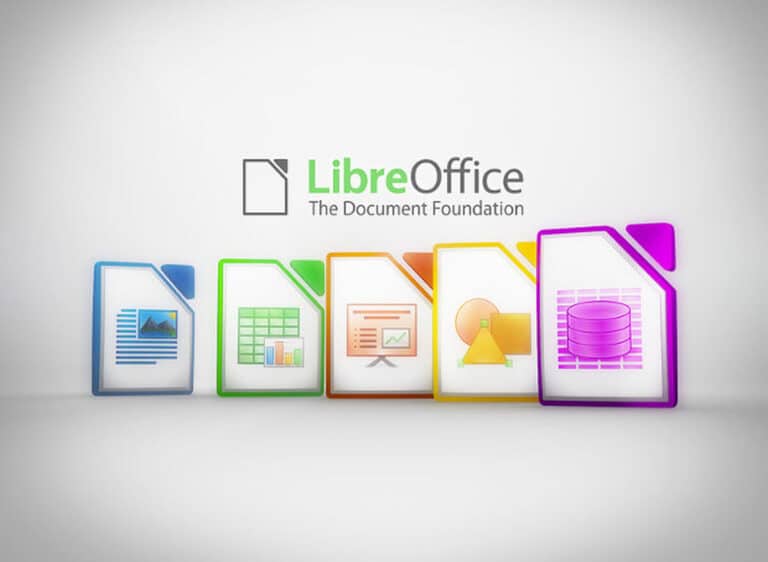The Document Foundation launches version 7.4 of the free open-source software suite LibreOffice. The release offers interoperability with macOS, Windows, Linux, and the world’s leading software, Microsoft Office.
Microsoft file compatibility has been a massive issue for businesses and users looking for an alternative to Microsoft’s universal productivity suite. Only six months after LibreOffice’s 7.3 release, the company launches version 7.4, providing better Microsoft Suite compatibility.
“Microsoft files are still based on the proprietary format deprecated by ISO in 2008, and not on the ISO approved standard, so they hide a large amount of artificial complexity”, a LibreOffice team member said. “This causes handling issues with LibreOffice, which defaults to a true open standard format (the OpenDocument Format).”
Better compatibility with the Microsoft Suite
There are many alternates to Microsoft Office documents on the market. Therefore, a considerable amount of planning and tweaks have been made in the release focused on improving users’ experience. According to the release notes, The Document Foundation (TDF) has made a “milestone of interoperability” that offers exceptional compatibility with Microsoft’s Office application.
In addition to basic improvements including Windows Compressed Enhanced Metafiles and file format support for WebP, EMZ, and WMZ, the spreadsheet Calc can now manage 16,384 columns like Microsoft Excel. The performance of the text layout for PDF export was also improved. The GUI remains the same, although the dark mode is now supported on Windows 10 and 11.
LibreOffice 7.4 web version
The developers of LibreOffice have been planning to add a web browser version for the free Office suite. As a result, a collaboration for the first experimental versions was designed with the developers at Allotropia Software. The web version of LibreOffice will contain the following key features in its final version:
- Based on WebAssembly (WHAT M)
- Installed with the’s Emscripten toolchain LLVM
- C and C++ translated into WebAssembly and JavaScript
- WebAssembly System Interface (WAS I)
- Backend based on Qt
- It also includes the GUI directly in the browser
The 7.4 is a community version, and the TDF has encouraged businesses to consider using the LibreOffice Enterprise. Most enterprises were avoiding the long-term support (LTS) version managed by TDF’s firms in favor of the open-source version preferred by volunteers.
“The ideal solution for businesses that want to regain control of their data and free themselves from vendor lock-in”, TDF described in its closing remarks.
